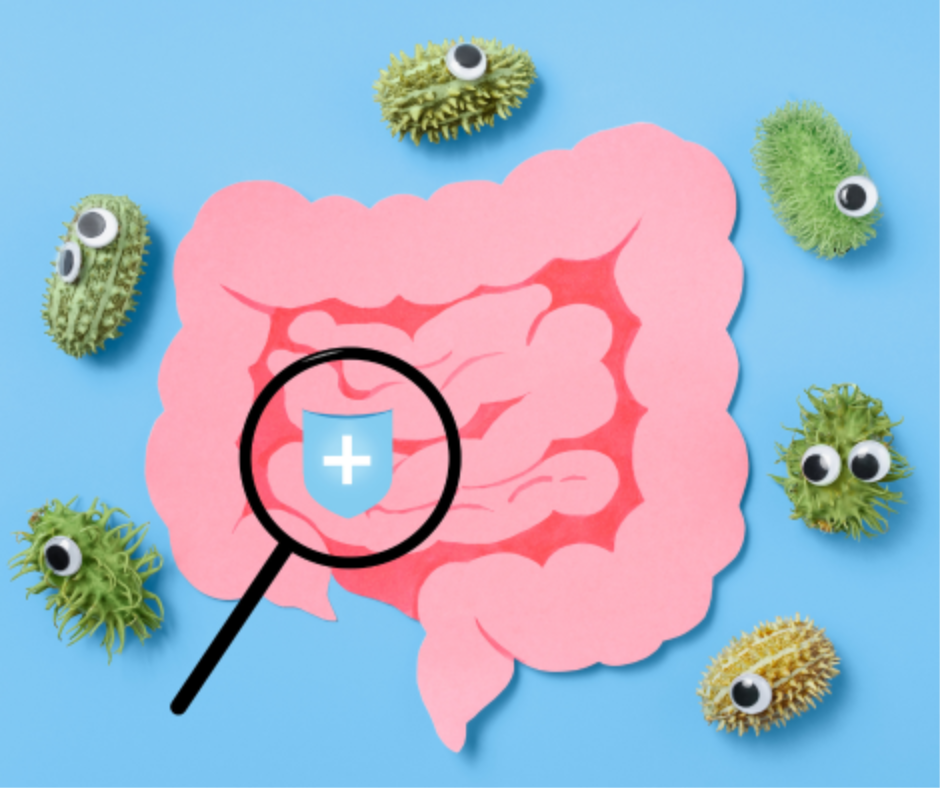GUT HEALTH INFLAMATION – DIARREHEA
The most common cause of diarrhea is the stomach flu (viral gastroenteritis). This mild viral infection most often goes away on its own within a few days. Eating or drinking food or water that contains certain types of bacteria or parasites can also lead to diarrhea.
According to a study in The Lancet, nearly 70% of individuals with inflammatory bowel disease (IBD) experience diarrhea due to gut inflammation. Additionally, a 2020 study in Clinical Gastroenterology and Hepatology found that restoring gut microbiome balance through probiotics reduced diarrhea episodes by 50% in those with gut-related disorders.
Diarrhea is a common symptom often caused by viral gastroenteritis, also known as the stomach flu, which usually resolves on its own within a few days. It can also result from consuming food or water contaminated with harmful bacteria or parasites. Beyond these immediate causes, diarrhea is closely tied to gut health and inflammation. Disruption of the gut’s bacterial balance can interfere with proper digestion and nutrient absorption, leading to frequent, loose stools. Inflammation further complicates this by damaging the intestinal lining, reducing its ability to absorb water and electrolytes, which worsens the symptoms and can lead to dehydration.
Sensitivity testing is a valuable tool in addressing the root causes of diarrhea, particularly when it is chronic or recurrent. Hidden food sensitivities and environmental triggers can aggravate gut inflammation and disrupt the microbiome, making the digestive system more vulnerable to diarrhea. By identifying these specific triggers, sensitivity testing allows for targeted dietary and lifestyle changes to calm inflammation and support gut healing. Combining these insights with probiotics, a balanced diet, and adequate hydration helps restore gut function, manage diarrhea effectively, and improve overall digestive health.
Diarrhea is closely related to gut health and inflammation. When the gut’s bacterial balance is disrupted, it can result in improper digestion and absorption of nutrients, leading to frequent, loose stools. Inflammation in the gut affects the lining of the intestines, impairing their ability to absorb water and electrolytes effectively, which contributes to diarrhea.

